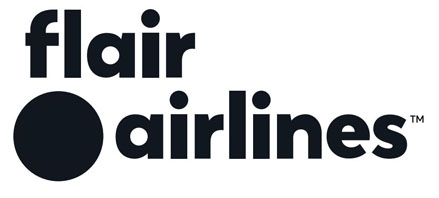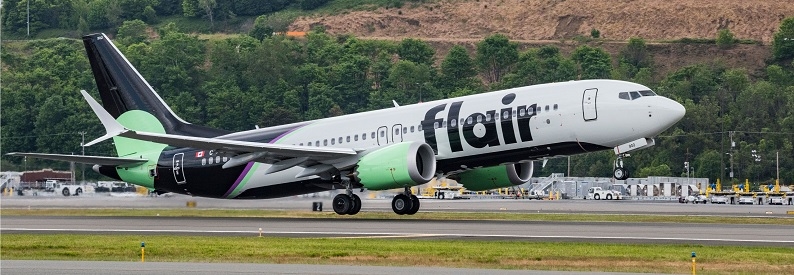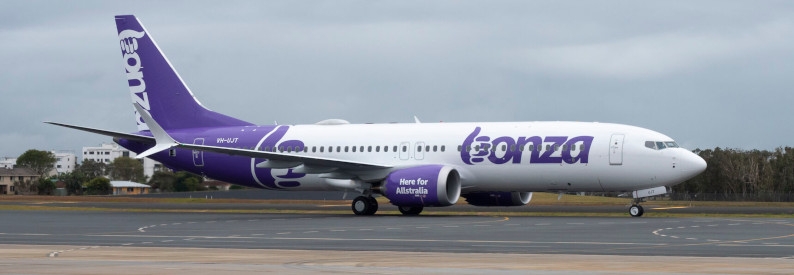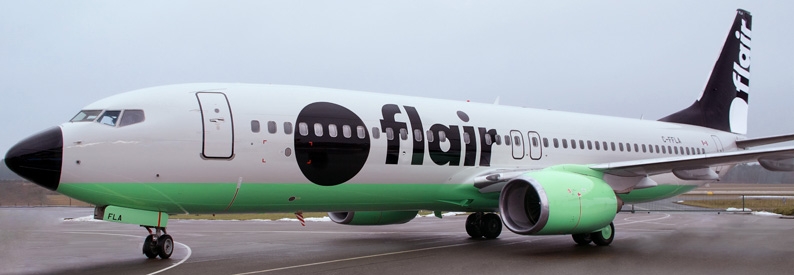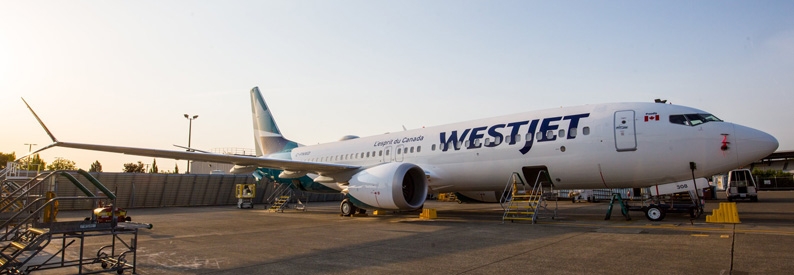Flair Airlines (F8, Kelowna) has reorganised its governance structure to align with Canadian ownership rules and may take the company public in an effort to address its significant debt to Miami-based investor 777 Partners, the Canadian Press news agency has reported chief executive Stephen Jones as saying.
The Canadian Transport Agency (CTA) issued a preliminary regulatory probe last month that the budget carrier may not be controlled by Canadians and faces a possible suspension of its operating licence. Foreign entities can own up to 49% of a Canadian commercial carrier, with no single foreign entity allowed to own more than 25%.
Amid an industry backlash to his request for an 18-month exemption to the ownership rules, Jones staged an online press briefing on April 22 to reassure Canadians that Flair “is here to stay.”
The CTA alleged in its preliminary finding that Canadians may not control Flair Airlines as 777 Partners holds a “dominant” influence over the airline. But while Jones insisted that the carrier conforms to the legislation, he said it had amended its unanimous shareholders’ agreement, which investors ratified in mid-April.
“The CTA has confirmed to Flair that these amendments address all of the corporate governance concerns,” he said.
The agency declined to comment to the news agency on the issue citing its ongoing review.
He elaborated that these changes include expanding the board from five to nine members, ensuring seven of them are Canadian, cutting the number of directors 777 Partners can appoint from three to two, and abolishing the US investor’s veto rights, which it had “never exercised” in any case. Canadians own about 58% of Flair Airlines’ voting shares, he added.
The debt Flair owes to 777 Partners is still a potential issue under the ownership rules, Jones admitted, but he insisted there had been no violation.
The airline has “already successfully refinanced” almost CAD80 million Canadian dollars (USD63 million) of its debt to 777 Partners, he said, but refinancing the rest of the debt will take some time.
“It is for this reason alone that we have sought a time-bound 18-month exemption from Transport Canada,” said Jones. The means to achieve this could include an initial public offering (IPO) on the Toronto Stock Exchange, he added - something Jones mentioned in an interview with ch-aviation last year. Flair sold 25% of its shareholding to 777 Partners for an undisclosed sum in 2019.
According to the ch-aviation Commercial Aviation Aircraft Data module, Flair Airlines currently leases seven of its eleven B737-8s from 777 Partners. It also operates three B737-800s. Dependence on a third party to lease aircraft “that cannot be acquired otherwise” may be an indication of de facto control over the carrier, the CTA said in its preliminary ruling. However, Jones said the regulator “has not raised issues” with any of the leases.
The National Airlines Council of Canada and the Air Transport Association of Canada, two bodies representing Canada’s airlines including Air Canada and WestJet, urged the authorities last week to reject Flair’s request for an 18-month exemption to the rules, arguing it would set a “troubling precedent.”
